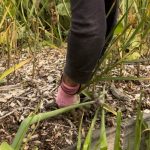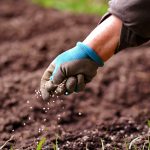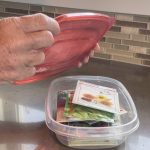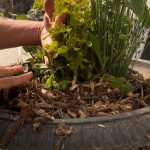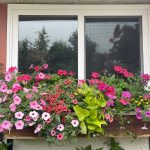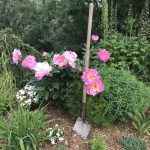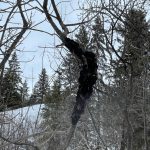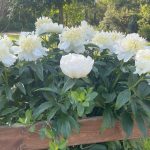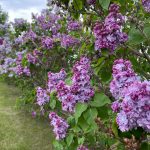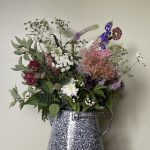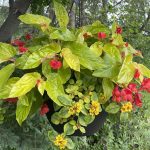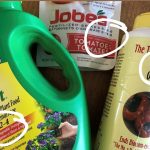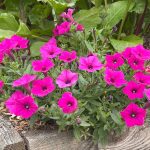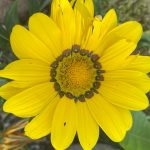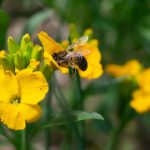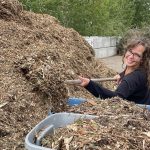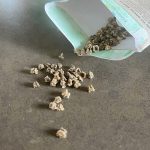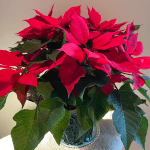Ice is a Threat to Watering Systems
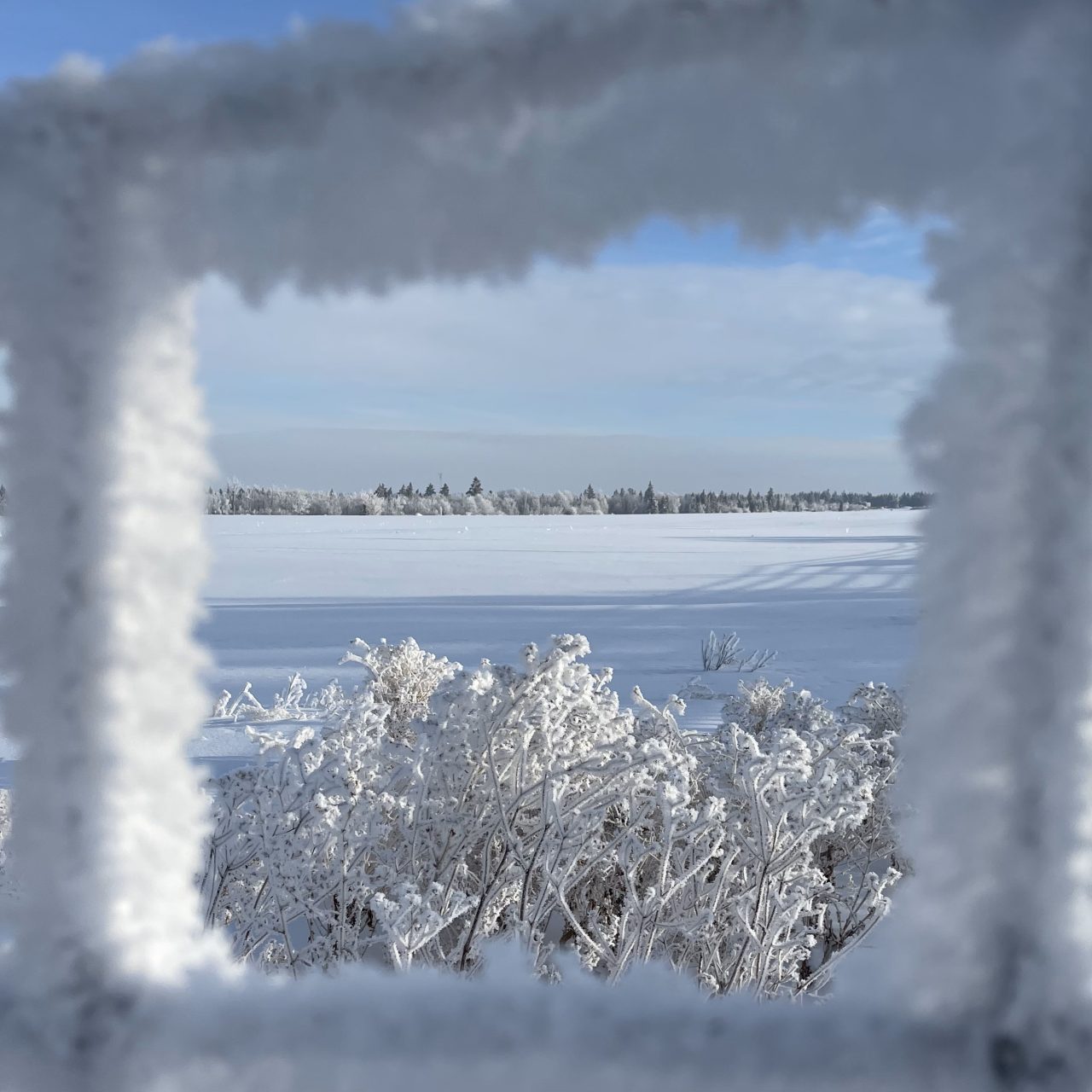
Gardens in plant growing zones 5 and under face annual winter freezing temperatures that can damage watering systems.
Growing zones 4-1 experience long periods of cold and frost, where zones 5 and above can encounter occasional freezing risks.
Watering systems can be as simple as rain barrels or more complicated like installed in-ground irrigation methods.
Regardless of the complexity of the watering system design or plant growing zone, ice accumulation is a hazard that can be mitigated.
Ice buildup can damage hoses, rain barrels, outdoor faucets, and pipes as it expands in confined spaces causing cracking and splitting.
How to Protect Your Watering Systems
Let’s take a quick look at what can be done to protect different watering systems from ice damage.
Preparing Rain Barrels for Winter
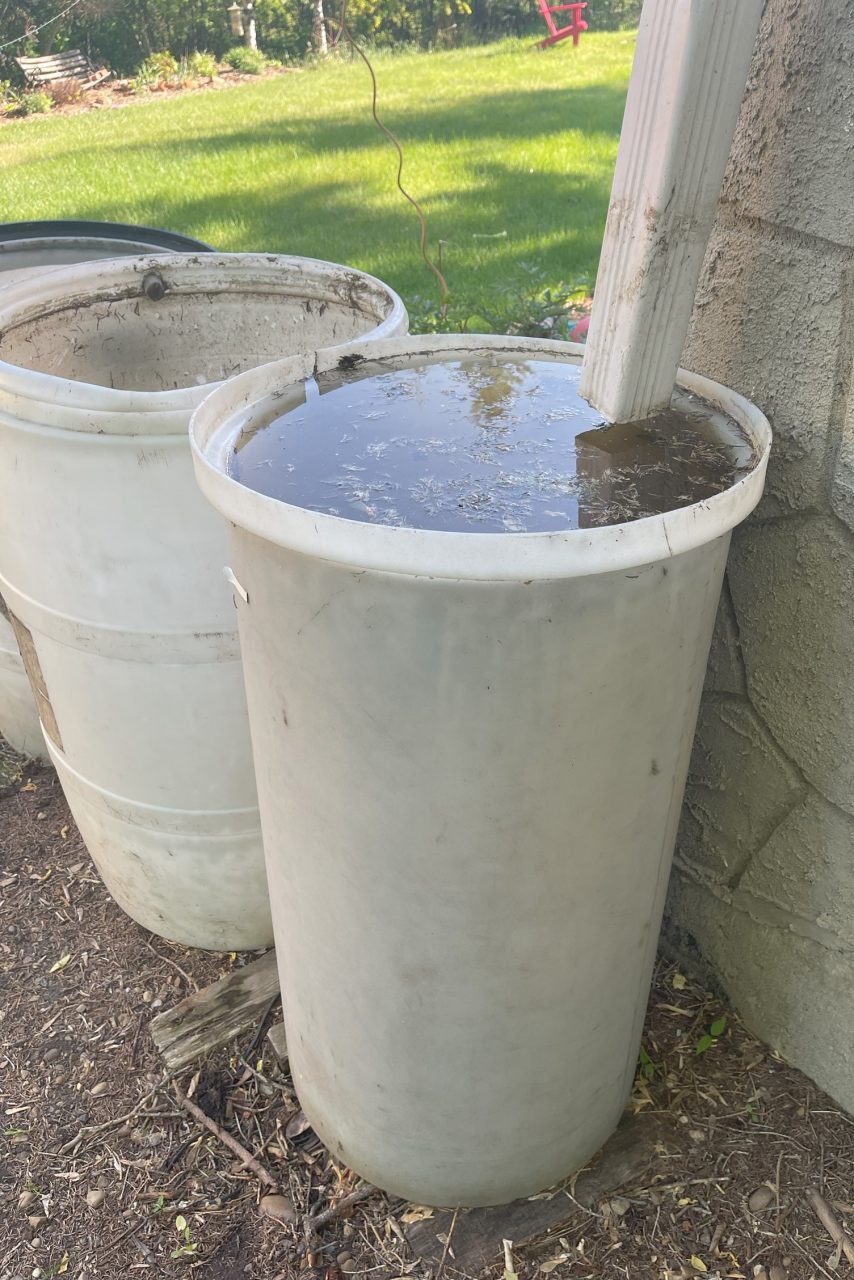
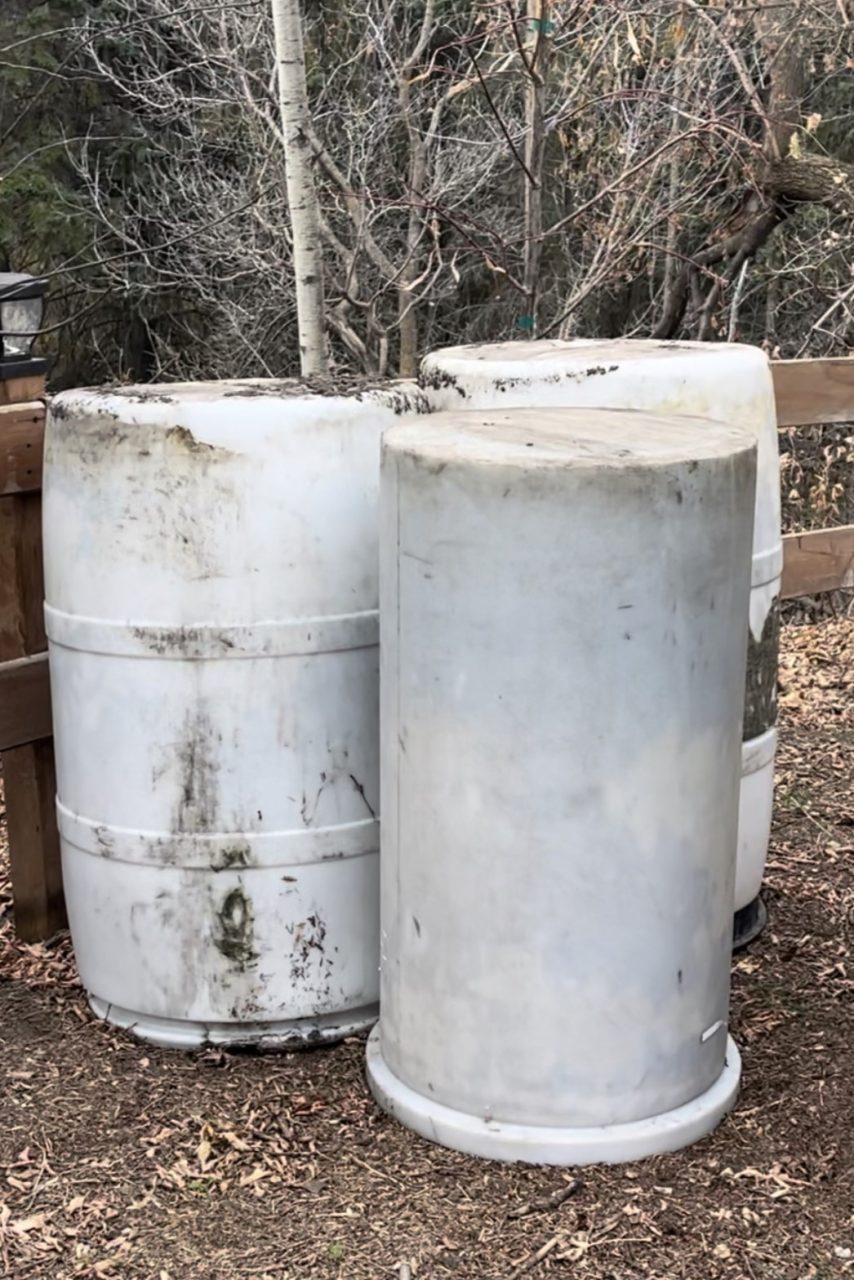
Rain barrels are an environmentally friendly approach to garden watering as they catch rain water.
Once you are done watering for the growing season and no longer need the rain barrels, invert them to prevent snow collection.
In areas where there may be a winter melt followed by another big freeze, the collected water can turn into ice and cause the barrels to crack.
I recommend washing out rain barrels either in the fall or the spring to reduce bacterial and fungal growth.
If you are storing watering cans outdoors in the cold, remember to empty all the water out of them, too. I store my watering cans upside down in our unheated garage. Better safe than sorry!
Preparing Watering Hoses for Winter

Watering hoses are susceptible to cracking and splitting if ice collects inside, so draining them is essential.
And it’s super simple to do.
Start at one end of the hose, lift it, walk the elevation to the other end, and let the water drain thoroughly.
Watering hoses can be stored indoors or outside.
I prefer to keep sprinklers, watering wands, nozzles, timers, and watering cans indoors.
Preparing Water Irrigation Systems for Winter

Different irrigation systems have specialized requirements to safeguard them from the effects of freezing winter temperatures.
Some need to be cleaned out with compressed air and others are fine just being drained. Refer to your system instructions for correct winter preparation.
Preparing Outdoor Water Faucets for Winter
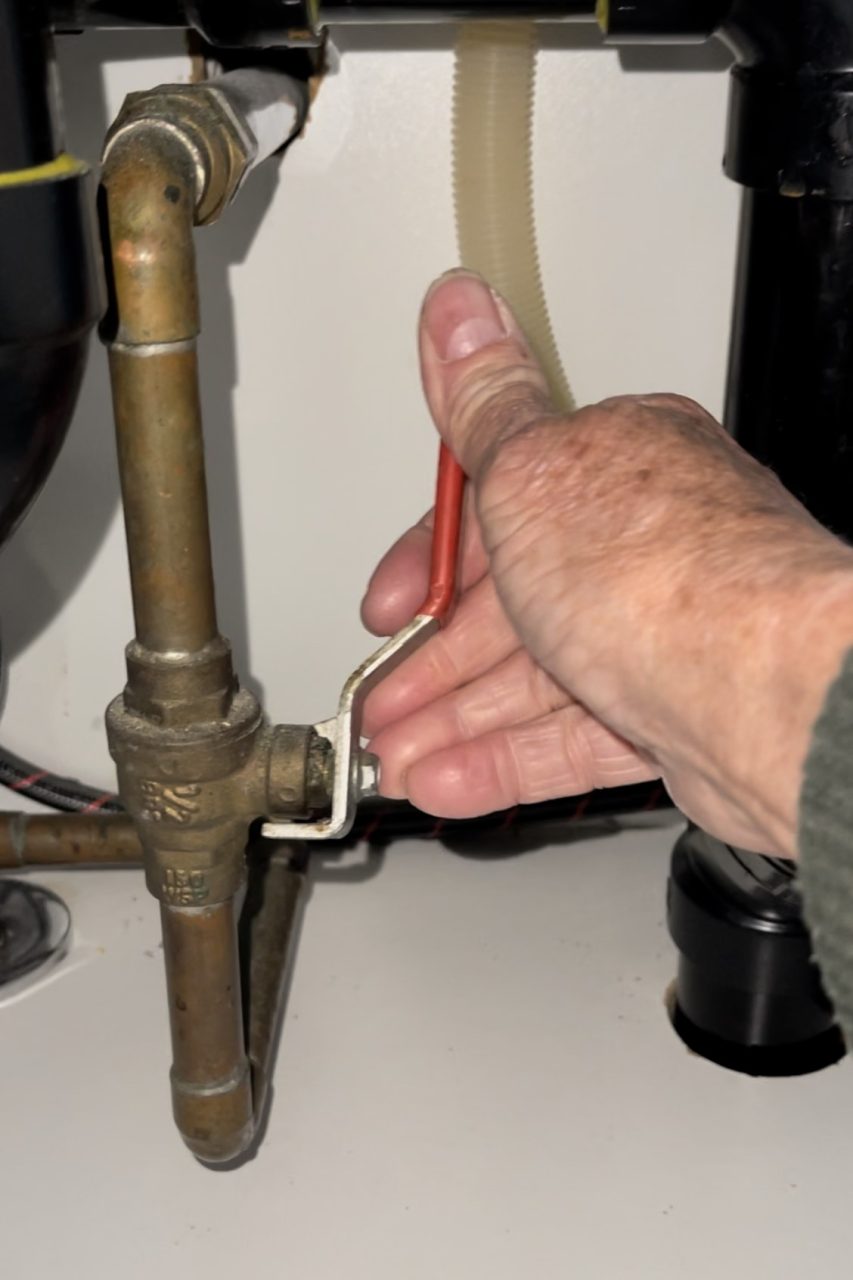
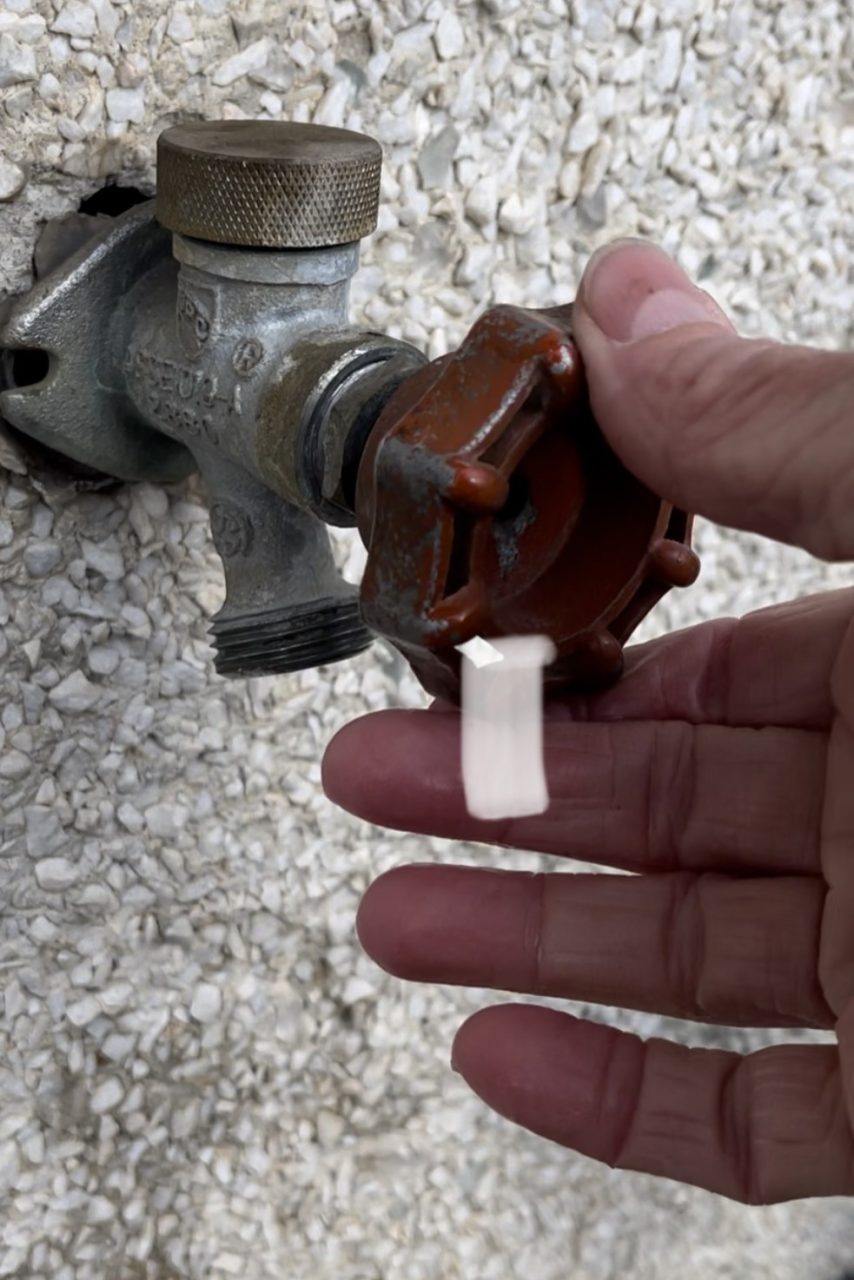
Outdoor water facets are also at risk of cracking if water remains in them and turns into ice.
Here’s what I do to prevent this:
First, I turn off indoor water valves that feed outdoor faucets.
Then, I open the outdoor faucets to drain out every last drop of water to avert any ice buildup.
Have Your Watering Systems Ready for Winter!
Rest easy this winter knowing that you have protected your rain barrels, hoses, irrigation systems, and outdoor water faucets from the damage winter can bring. By following my short list of preparations to drain water and avoid ice development, you can ensure that all your outdoor watering equipment is kept safe until spring comes again!
©Sharon Wallish Murphy ©Gardening with Sharon








